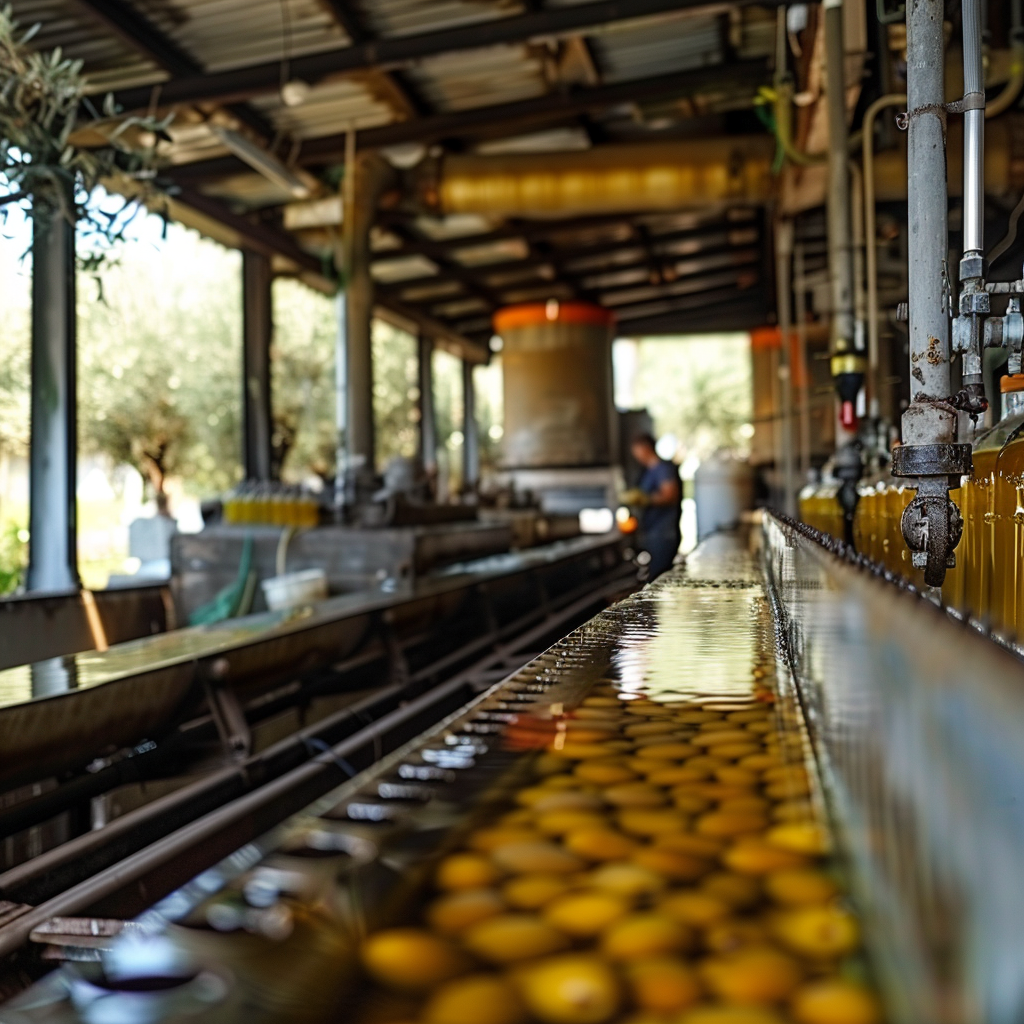Olive oil production is a complex and multi-step process that requires deep knowledge and skills. In this article we will look at the main stages of education and training of specialists in the field of olive oil production.
The main stages of education and training of specialists in the field of olive oil production
- Elementary education.
The first stage of education begins with general secondary education. During this period, students develop an understanding of the world, society and profession.
- Secondary vocational education.
At this stage, students learn the basics of olive oil production, raw material processing technologies, product quality control and the basics of occupational safety.
- Higher education.
Higher education involves in-depth study of specialized disciplines related to the production of olive oil. Students study chemistry, production technology, marketing and management.
- Additional education and advanced training courses.
Additional education and advanced training courses are aimed at expanding the knowledge and skills of specialists in the field of olive oil production. Courses may focus on new technologies, quality control methods, marketing and production management.
- Practical training.
Practical training is an integral part of the education and training of olive oil professionals. During practice, students have the opportunity to apply their knowledge in practice, become familiar with the operation of equipment and study technological processes.
- Internships and exchange of experience.
Internships and exchange of experience are an important element of education and training for specialists in the field of olive oil production. They allow students to get acquainted with the work of leading companies, study best practices and establish contacts with colleagues from other countries.
Features of training specialists in the field of olive oil production
The peculiarities of training specialists in the field of olive oil production lie in the combination of theoretical knowledge and practical skills.Developed by the University of California, Davis, Olea Learn offers students training in agronomy, farm management, data collection and processing, product management and marketing. The training takes place in the Wolfskill experimental gardens, where students work with real olive trees and participate in experiments.
Practical aspects of training
Practical aspects of the training include operating olive harvesting equipment, using tree care tools and yield analysis. Students are also trained in sensory training and olive oil evaluation, bottle design and product marketing.
The role of the state and international organizations in the development of education and training of specialists in the field of olive oil production
The role of the state and international organizations in the development of education and training of specialists in the field of olive oil production is to support and finance educational projects aimed at improving the quality of products and improving the working conditions of farmers.
Pprospects for the development of education and training of specialists in the field of olive oil production
International organizations such as FAO and the EBRD are collaborating with key organizations in the olive oil market, such as Interprolive, the interprofessional federation of olive oil producers in Morocco, to improve product quality and help manufacturers realize their potential.
As part of these projects, training sessions and information events are held for farmers and processors,teaching them best farming practices and the latest extraction technologies.
The goal of these projects is to improve the olive oil production process, increase local consumer demand for quality olive oil, and increase the income of farmers and producers.
The article examined current problems related to the activities and role of international organizations in the process of development of the field of higher education in the context of ensuring the human right to higher education. It has been found that international organizations such as the World Bank, UNESCO, OECD, WTO and bilateral institutions play an important role in the formulation and implementation of higher education policies, taking into account global factors and ensuring accessibility of higher education to all citizens.
International organizations such as the World Bank provide funding and support to developing countries to develop their higher education systems. This allows us to improve the quality of education, expand access to educational institutions and increase the level of training of graduates.
The specificity of the management of international organizations in the field of higher education is that they operate on the basis of agreements and treaties between participating states. This ensures transparency and accountability of their activities to national governments and the international community.

